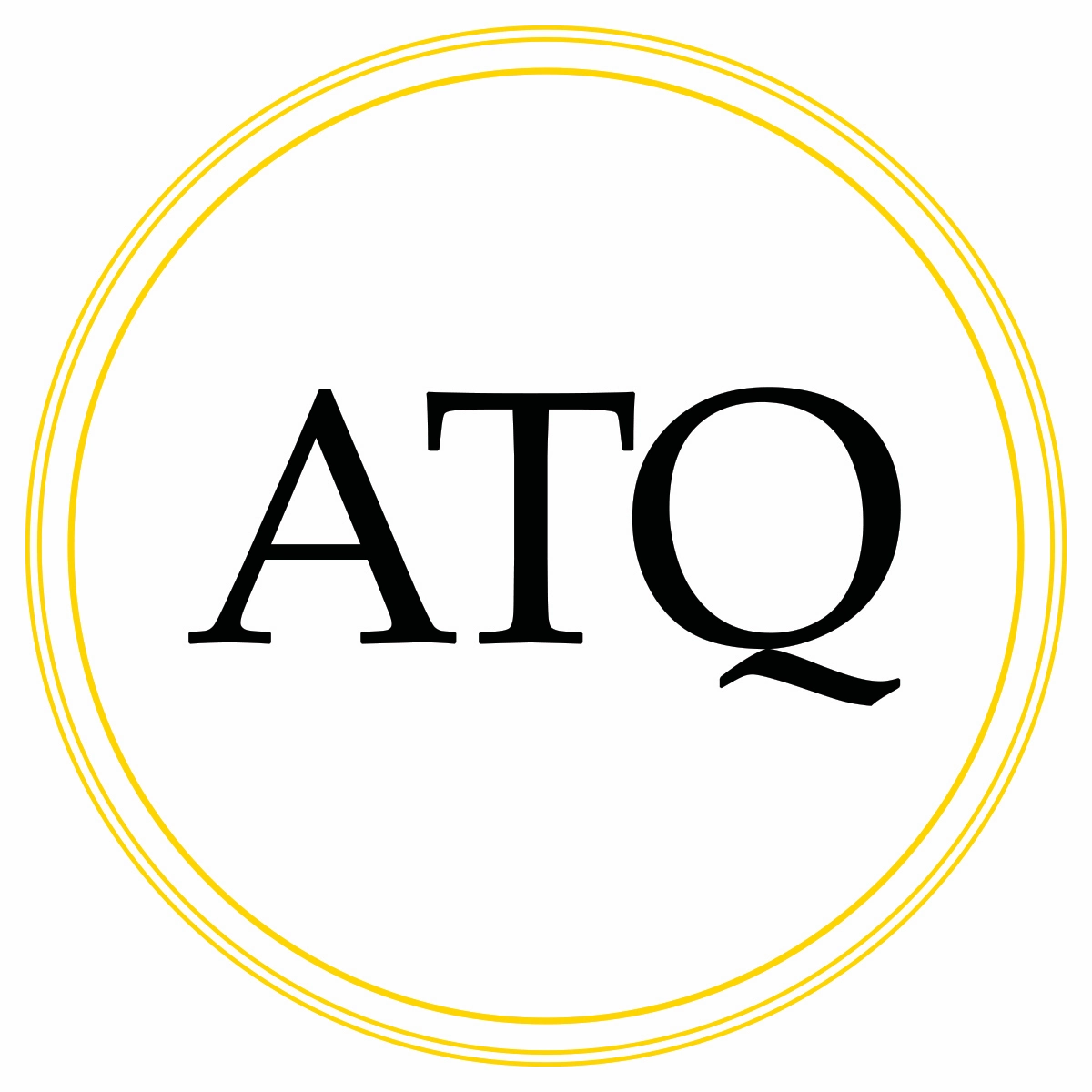- 07889 480224
- info@alanteatherquilting.com
- Open 10.00am to 3.30pm Tuesday, Wednesday, Thursday & Friday
- Saturday/Sunday/Monday Closed.
- BEFORE VISITING US PLEASE CONTACT US TO MAKE SURE WE WILL BE IN THE STUDIO - AS WE ARE NOT ALWAYS AVAILABLE.
- Fast Turnaround
- Guaranteed High Quality
- Free UK Delivery, Free on orders over £100
- Free UK delivery over £100
A Bit About Threads.


A WHOPPING 40% OF ALL CHRISTMAS FABRICS, DISCOUNT ALREADY APPLIED, NO DISCOUNT CODE NEEDED.
and a
HOWLING 40% OFF ALL HALLOWEEN FABRICS, DISCOUNT ALREADY APPLIED.
STOCK CLEARANCE SALE NOW 35% OFF ALL OTHER FABRICS..
QUOTE STOCK35 AT CHECKOUT.
(taken from https://en.wikipedia.org/wiki/Thread_(yarn)A Bit A Bit About Threads)
A thread is a long strand of material, often composed of several filaments or fibres, used for joining, creating or decorating textiles. Ancient Egyptians were known for creating thread using plant fibres, wool and hair. Today, thread can also be made of many different materials including but not limited to cotton, wool, flax, nylon, silk, polyester etc. There are also metal threads (sometimes used in decorative textiles), which can be made of fine wire.
|
Thread material: · Cotton is a spun traditional thread for general purpose use. · Cotton/Polyester is a slightly stretchy cotton thread with a polyester core, which retains the traditional look of cotton. · Fusible thread fuses fabrics together when ironed, uses include binding and applique. · Linen thread is a spun thread usually in a thicker gauge than normally used for fabrics. It can be waxed to make it resistant to mildew and more durable. Uses included traditional leather work, luggage/handbags and beadwork. · Metallic threads have a delicate metallic coating usually protected by an extremely vibrant and colourful, can also have glitter and/or texture. Mainly used as a decorative thread. · Nylon thread is a transparent monofilament that can be melted by a hot iron. The thread is usually stronger than polyester thread. · Polyester thread is a synthetic blend, stronger and stretches more than cotton. It also has little or no lint and may be texturised. · Rayon thread is not considered to be a natural fibre as it is made from cellulose and is highly processed. · Silk thread is very fine, strong and a hard-to-see thread which tends to disintegrate over time. With its high strength and high sheen, it us used for attaching beads. · Wool is a thicker thread with a homespun look. It has a rougher texture, is highly insulating and water absorbent. · Water-soluble is a temporary thread that dissolves when washed. |
||
|
Weight (Wt.) The most common weight system for thread specifies the length of the thread in kilometres required to weigh 1 kilogram, a greater weight number (indicated in the American standard by the abbreviation wt) indicates a thinner, finer thread. The American standard of thread weight was adopted from the Gunze Count standard of Japan, which uses two numbers separated by a forward slash. The first number corresponds to the wt number of the thread, and the second number indicates how many strands of fibre were used to compose the finished thread. · Light weight, 60wt (#60/3) used for bobbin or applique · Thin weight, 50wt (#50/3) used for bobbin or applique · Regular weight, 40wt (#40/3) commonly used for quilting · Upholstery weight, 30wt (#30/3) is mainly a decorative thread · Heavy weight, 20wt (#20/3) mainly decorative. |
|
|
For more detail information about threads go to https://en.wikipedia.org/wiki/Thread_(yarn)
To see our range of 40wt, 40/3 wt and 50wt Aurifil threads click the logo.
About Us
Alan Teather Quilting is a new venture built on old fashioned principles. We pride ourselves on going the extra mile to satisfy our valued customers in Hartlepool, the North East and further afield.
Contact Us
Unit 8, The Bis, 13-17 Whitby Street, Hartlepool, TS24 7AD
What 3 Words: inches.shall.fails
(A very short walk from the Railway Station and Transport Interchange).
Sat/Sun/Mon: Closed
Tues -Fri: 10:00am – 3:30pm
BEFORE VISITING US PLEASE CONTACT US TO MAKE SURE WE WILL BE IN THE STUDIO – AS WE ARE NOT ALWAYS AVAILABLE.
Useful Links
Account

